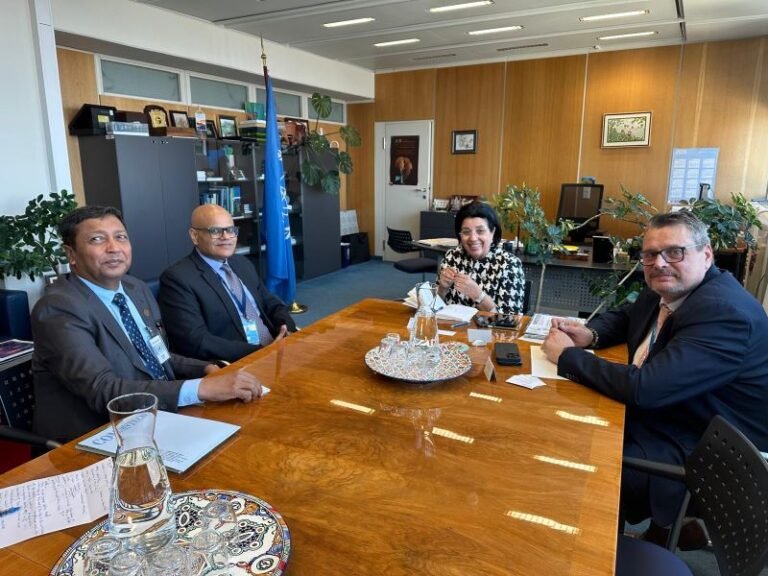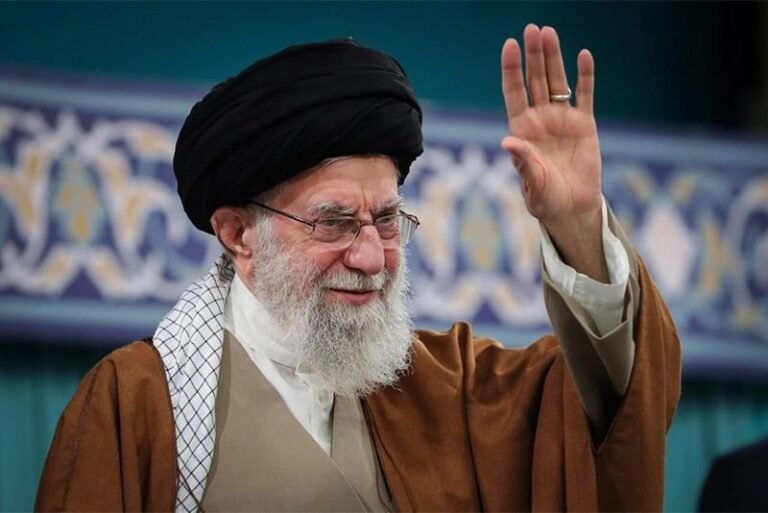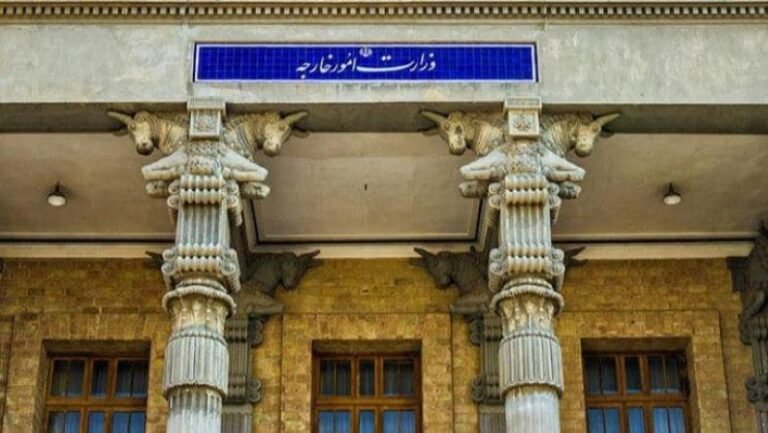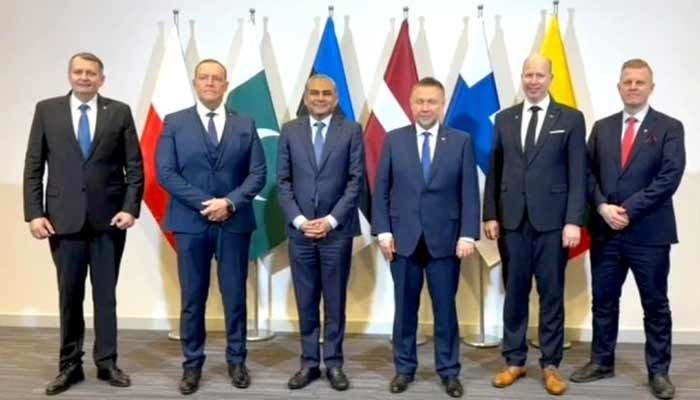Beijing, 30 June 2024 (TDI): Chinese President Xi Jinping will attend the 24th Meeting of the Council of Heads of State of the Shanghai Cooperation Organization (SCO) in Astana from July 2 to 6.
According to an announcement by Foreign Ministry spokesperson Hua Chunying, he will also undertake state visits to Kazakhstan and Tajikistan during this period at the invitation of President Kassym-Jomart Tokayev of Kazakhstan and President Emomali Rahmon of Tajikistan.
The SCO summit, scheduled for July 3-4 in Astana, marks an important gathering amid escalating geopolitical tensions and increasing global fragmentation.
President Xi’s attendance underscores China’s pivotal role in fostering a more cohesive and influential regional community through the SCO, promoting mutual trust and collaboration among member states.
During his state visits to Kazakhstan and Tajikistan, President Xi aims to bolster neighborhood diplomacy and reinforce the strategic partnerships China maintains with all five Central Asian countries.
These visits are anticipated to inject fresh impetus into China’s relations with Kazakhstan and Tajikistan, enhancing regional stability and economic integration.
Zhou Rong, a senior researcher at the Chongyang Institute for Financial Studies at the Renmin University of China, emphasized that the summit sends a clear message to the Western world: the voices and interests of emerging economies must be acknowledged and respected, and the prevailing trend of global cooperation will persist despite obstructionist efforts.
Also Read: China’s New Approach to BRI Development: The case of Beijing
Kazakhstan proposed developing the SCO Initiative on World Unity for Just Peace and Harmony during the Astana summit. President Tokayev noted that the adoption of this document will significantly contribute to consolidating international efforts to resolve conflicts in various regions worldwide, further enhancing the SCO’s role as a stabilizing force in global affairs.
The visits to Kazakhstan and Tajikistan will consolidate ties and elevate China-Central Asia relations to a new level,” said Li Xin, the director of the Institute for Eurasian Studies at the Shanghai University of Political Science and Law.
Established in December 2008, The Diplomatic Insight is Pakistan’s premier diplomacy and foreign affairs magazine, available in both digital and print formats.















